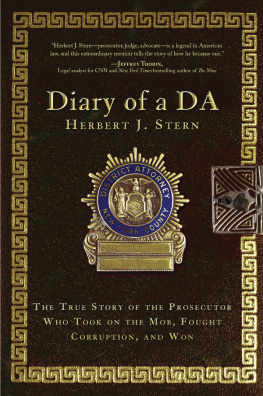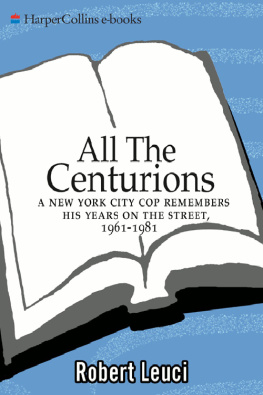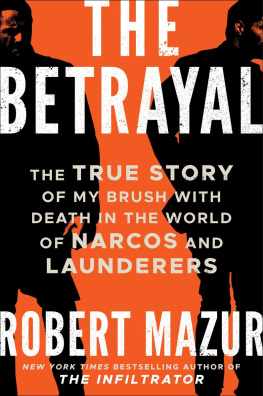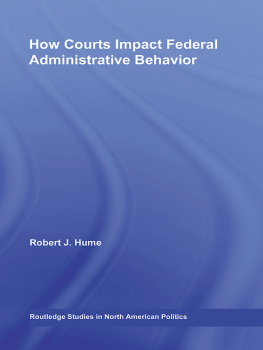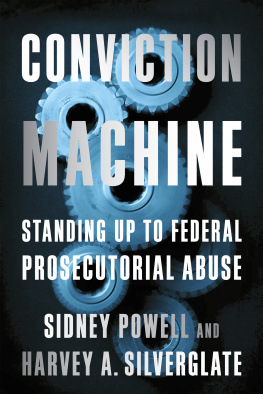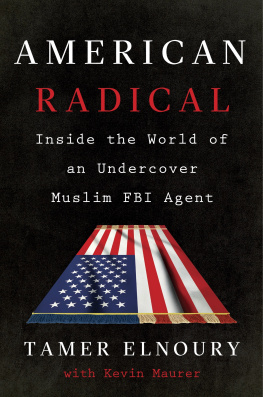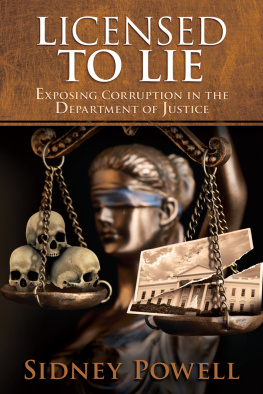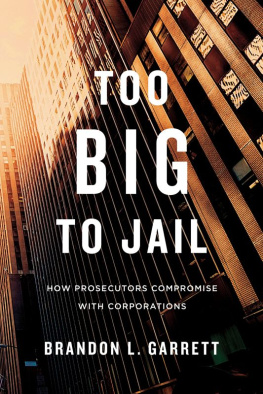THEY WERE NOT ORDINARY detectives, nor even ordinary narcotics detectives. They were SIU detectives - Special Investigating Unit, New York Police Department - and during the long wait in crowded arraignment courts they stood out, and this was by choice. Their appearance was special, their prisoners were special, and their evidence was special.
Other cops, waiting, were in uniform, or else, if detectives, they wore street clothes: usually lumber jackets, sweaters, corduroy pants, or jeans - the rough clothing of rough men. SIU detectives had adopted a kind of uniform of their own. In winter they affected full-length suede or leather coats, and a number of them, underneath, wore business suits and vests. In summer, SIU detectives tended to sport Italian knit shirts and tailored slacks and loafers. They were forever observing and approving of each others attire. Also, their fingernails were usually manicured, and in some cases lacquered. They tended to smell of strong scents, and they gave the appearance most times of having just stepped up from a barbers chair - an expensive barbers chair - and in fact, this was often the case. It had become ritual for SIU detectives to spend an hour or two under hot towels, pampering themselves, immediately after breaking a case.
Their prisoners, caged in nearby holding pens, were as extraordinary as themselves. Other cops arrested common thugs, or in narcotics cases, street junkies. The thugs, caged, looked as feral as beasts. The junkies huddled in corners, snot and tears caked to their faces, sitting sometimes beside pools of vomit.
SIU detectives did not bother with junkies, and they came in contact with thugs only by accident - if they happened, for instance, to witness a crime on the way home. Their prisoners usually were expensively dressed and often somewhat glamorous, being Frenchmen or Turks or South Americans, or high-ranking New York Mafiosi. These were the wholesalers, importers, and executives of the narcotics trade, and most of them, waiting caged with common criminals, were trying to puzzle out how the SIU detectives had ever got on to them.
As for evidence, other cops, as they waited, clutched a single gun or knife or crowbar - the weapon with which one or another caged defendant had stuck up an old lady or a store, or burglarized a house. Or, in narcotics cases, transparent evidence envelopes lay on the cops laps. The envelopes could be seen to contain one or two, or four or five five-dollar bags of heavily cut heroin. Whereas SIU detectives held or sat beside brown paper bundles - or suitcases, or occasionally a steamer trunk - containing pure junk, uncut junk. Whatever the receptacle, it was filled to the brim with narcotics worth maybe a million dollars or more on the street.
Ordinary cops, waiting in court, were sometimes bloody and torn after violent arrests. SIU men always cleaned themselves up first. Court was, in a sense, their stage, and on it they were impeccable. Besides, they were so slick in the taking of prisoners that violence seldom was necessary.
Of course they were too close to the street to avoid it entirely, and certain of their exploits approached the status of legend among ordinary cops. Detective George Bermudez, driving along, one day witnessed the stabbing and robbing of one man by another. Leaping out of his car, he grappled with the assailant, who stabbed him in the heart. Bermudez not only did not die, he hung on to the assailant until help came.
Detective Eddie Codelia, having made an undercover buy in a Harlem tenement, was assaulted in the hallway by four men, who menaced him with guns and a hunting knife pressed to his face. Codelia fell to his knees weeping. He groveled. He begged for his life. He spilled money to the floor. The last thing to spill from his pockets was his gun, with which he shot all four men, killing two instantly.
SIU detectives disdained medals, and rarely put in for them. They were too good for medals; they didnt need them. But sometimes official recognition came anyway, and Codelia was awarded the Medal of Honor, the Police Departments highest decoration.
SIU detectives carried themselves with a kind of presence. They seldom mixed with other cops. In the police world they were as celebrated as film stars, and they were aware of this. In court, when the judge at last mounted the bench, whichever of them was senior would step forward and identify himself by full title: Detective So-and so, Special Investigating Unit, Narcotics Division.
He would then cut into the head of the line. Invariably, other cops and detectives would let him do it.
When major crimes, particularly homicides, occurred in the city, commanders often borrowed SIU detectives in hope of breaking the case quickly. Detective Robert Leuci, for instance, once brought in a wanted murderer named Johnny Loco singlehandedly at the end of only two days. But it was against the strange code of the SIU detectives to take credit for such arrests. Invariably the murderer was turned over to some squad detective, while the SIU detective went home, or back to the narcotics case from which he had been taken.
To other cops SIU detectives reeked of success. They had style; also, obviously, they had money, more money than cops were supposed to have. But for a long time no one in authority noticed this, or wondered where the money might be coming from.
Of course they were the object of envy.
Not because they had rank. They did not. Like all detectives, they were patrolmen who had been designated to serve as detective-investigators. They held authority over no one. The newest sergeant outranked the most senior first-grade detective, and the newest patrolman was, technically, his equal.
The envy existed because the SIU detective, though perhaps still in his mid or late twenties, had reached the top of his profession; there was no other assignment as good as the one he had. The rules and procedures of the department, which weighted down every other cop, he ignored.
He was virtually unsupervised. SIU headquarters was on the third floor of the First Precinct station house, but some SIU detectives did not go near this office for months at a time, not even on pay day - they would send someone in to pick up their checks. Some of them, in effect, worked out of their houses or their cars.
They were rated on results only. All they had to do was keep making big cases, big seizures of heroin. That they worked hard was never questioned. They were men who would sit on wiretaps or surveillances for days, even weeks at a time, virtually without relief, and never put in for overtime. They were hunters. Theirs was the most elusive game of all, and the kill was always close - maybe tomorrow, maybe even today. They disdained overtime as much as medals or credit for arresting murderers.
But once a narcotics case was made, the major violators arrested, the heroin seized, once the ritual barbering had taken place, many would award themselves, unbeknownst to the Police Department, two weeks vacation. Then, looking tanned, fit, and as expensively dressed as always, they would come back to work, begin a new case, a new hunt.
They had city wide jurisdiction. They chose their own targets and roamed New York at will. Someone once called them the Princes of the City, for they operated with the impunity, and sometimes with the arrogance, of Renaissance princes. They could enforce any law or not enforce it, arrest anyone or accord freedom. They were immune to arrest themselves. The Princes of the City - they liked this, and adopted it.


